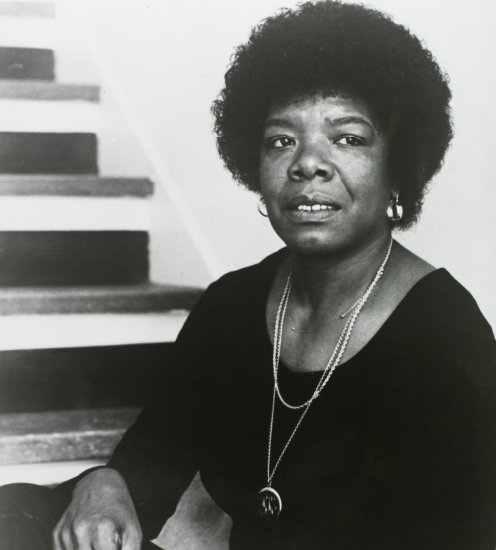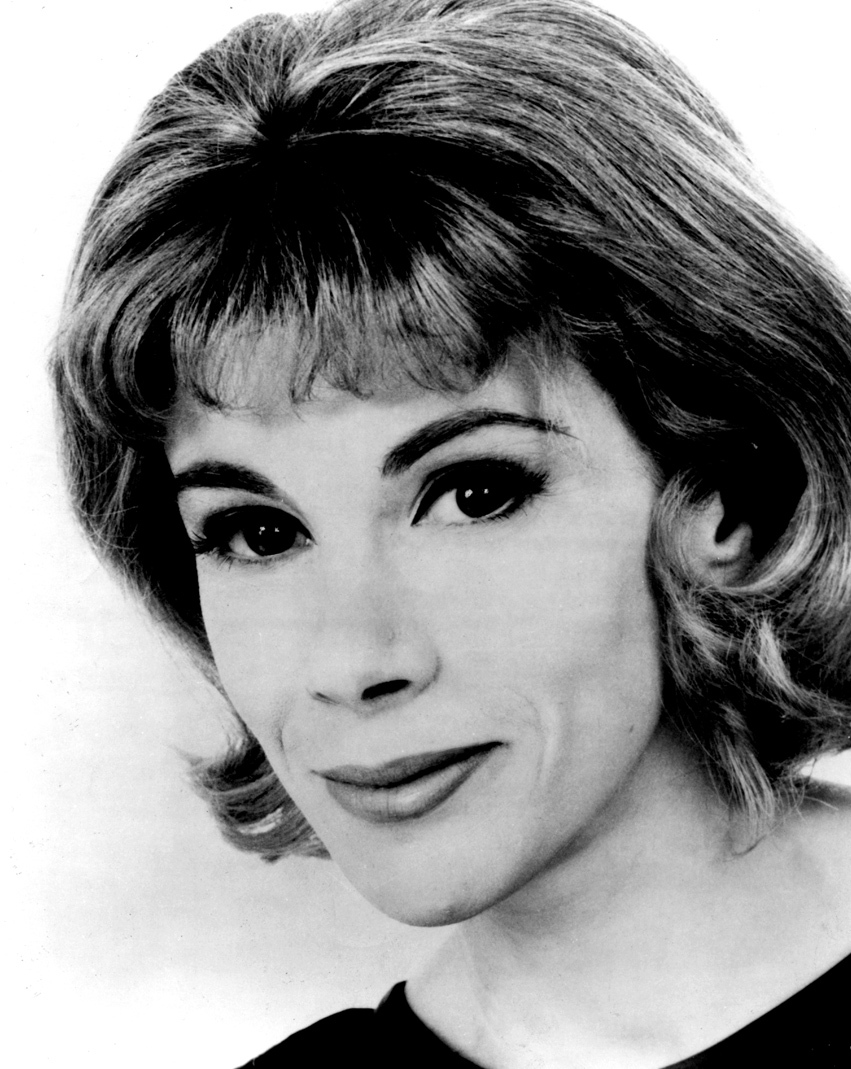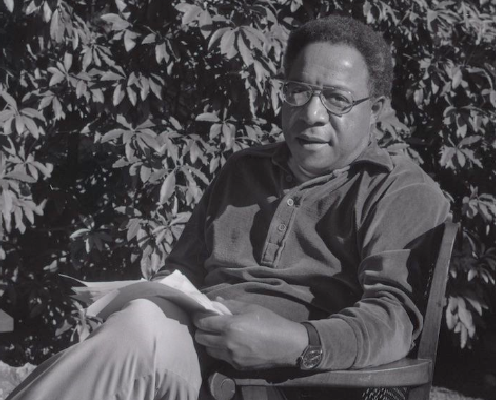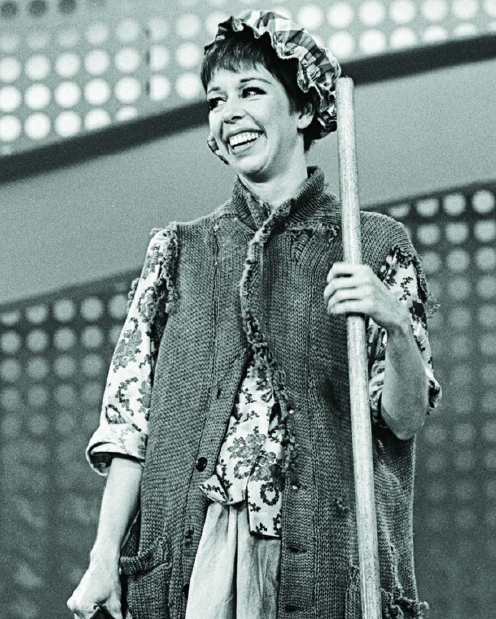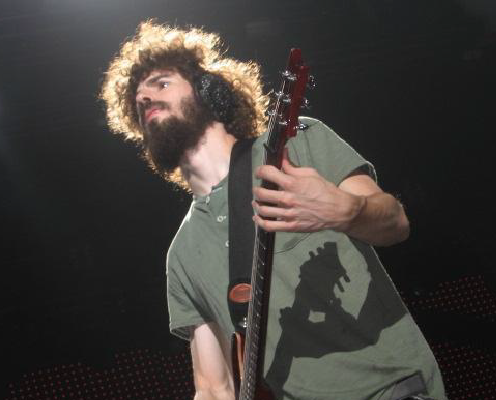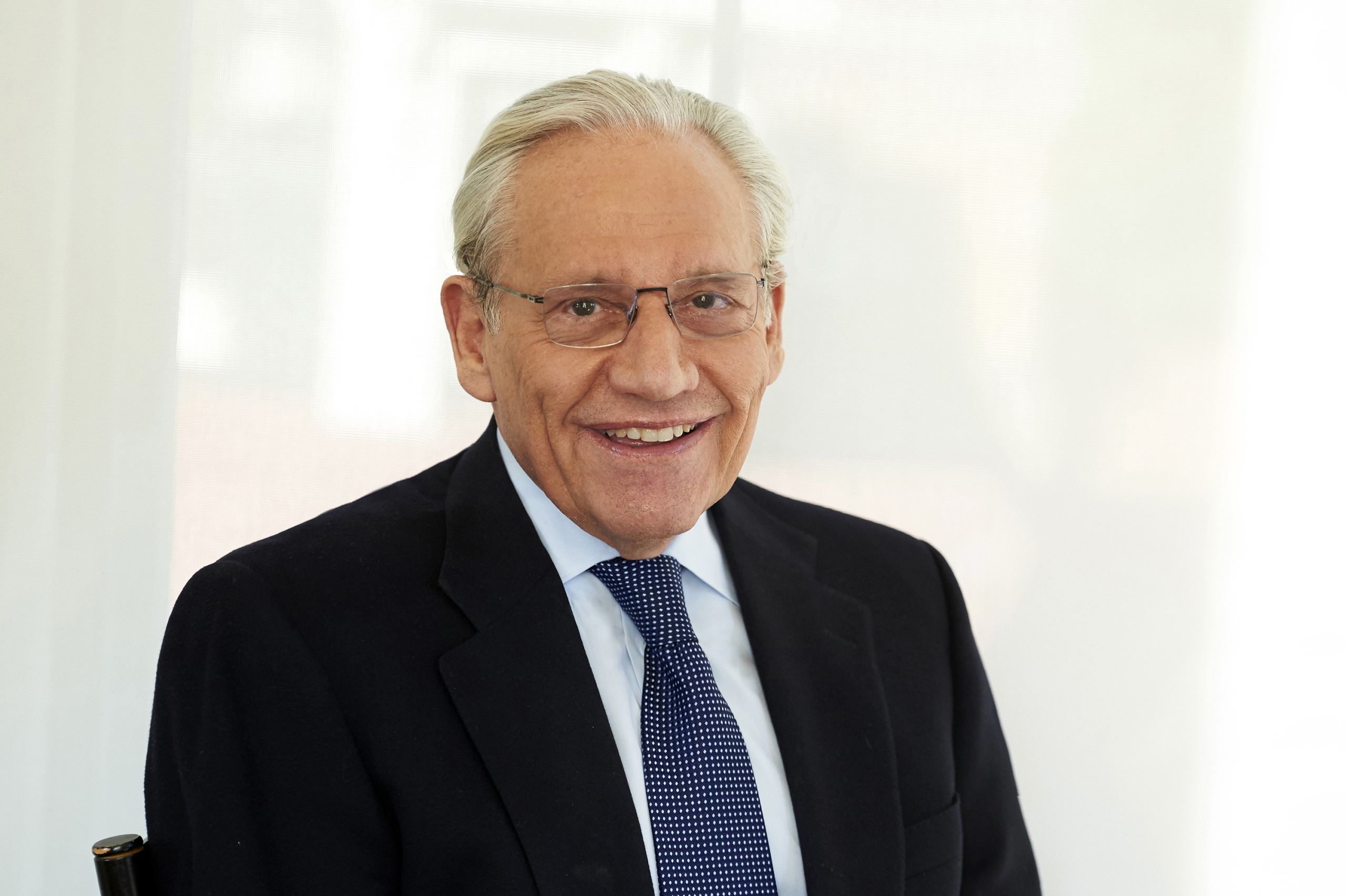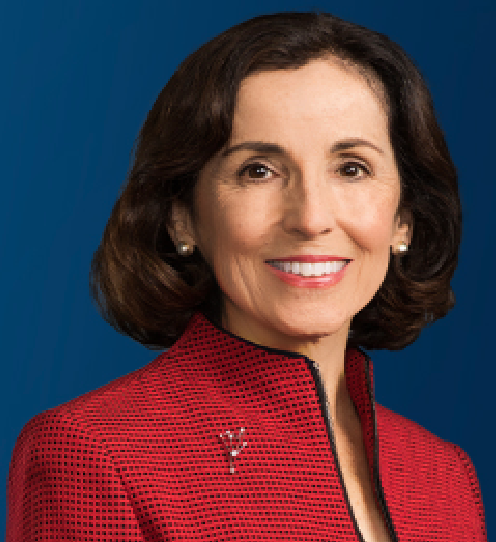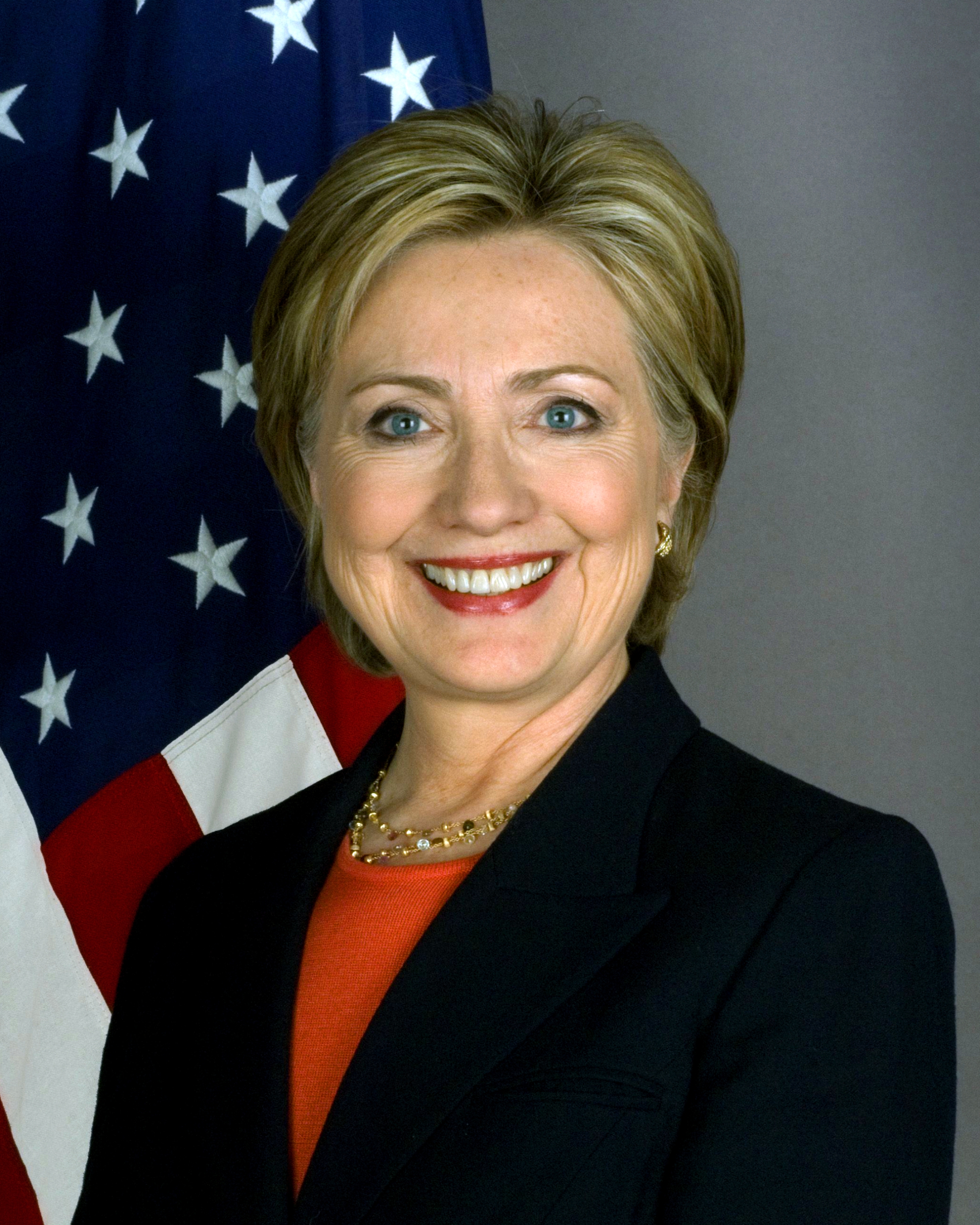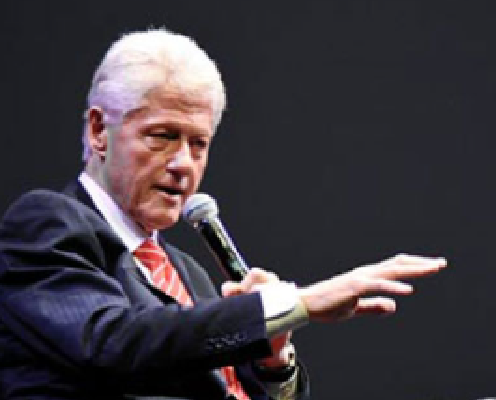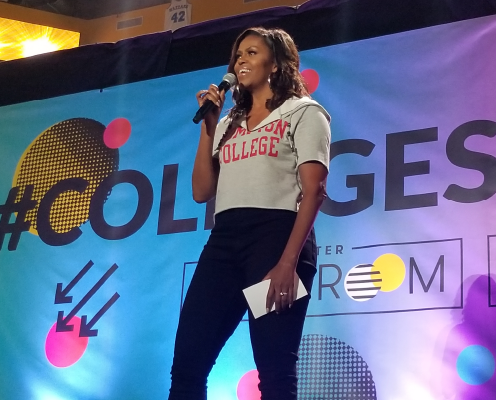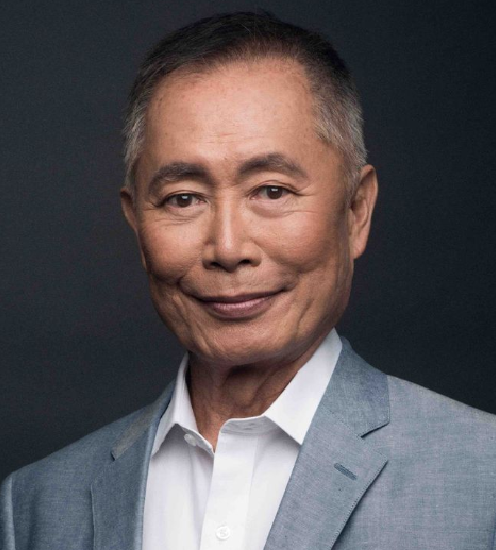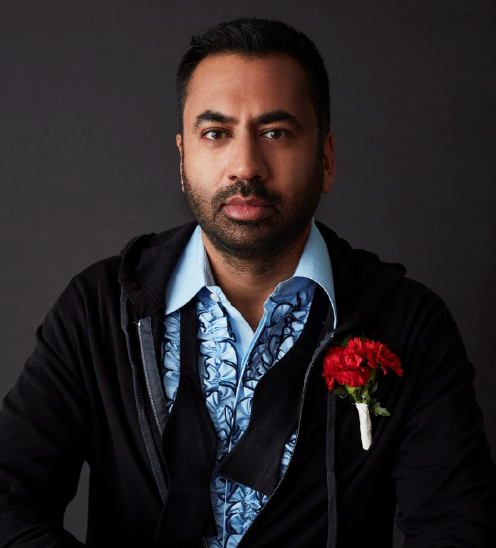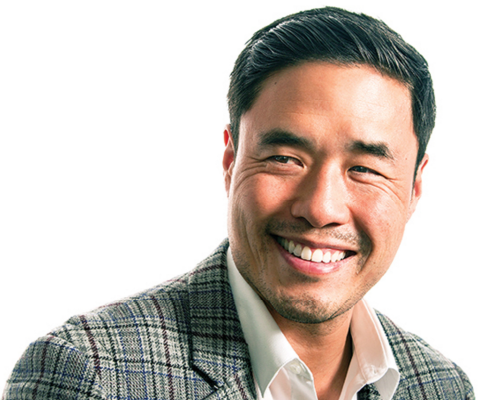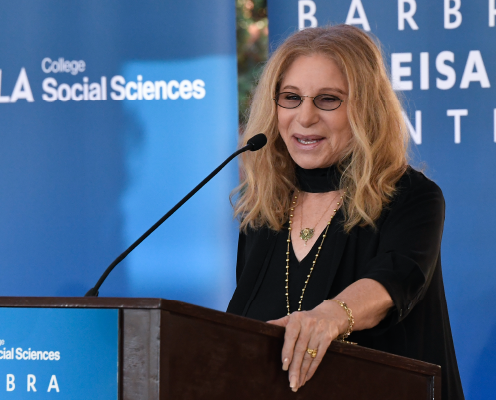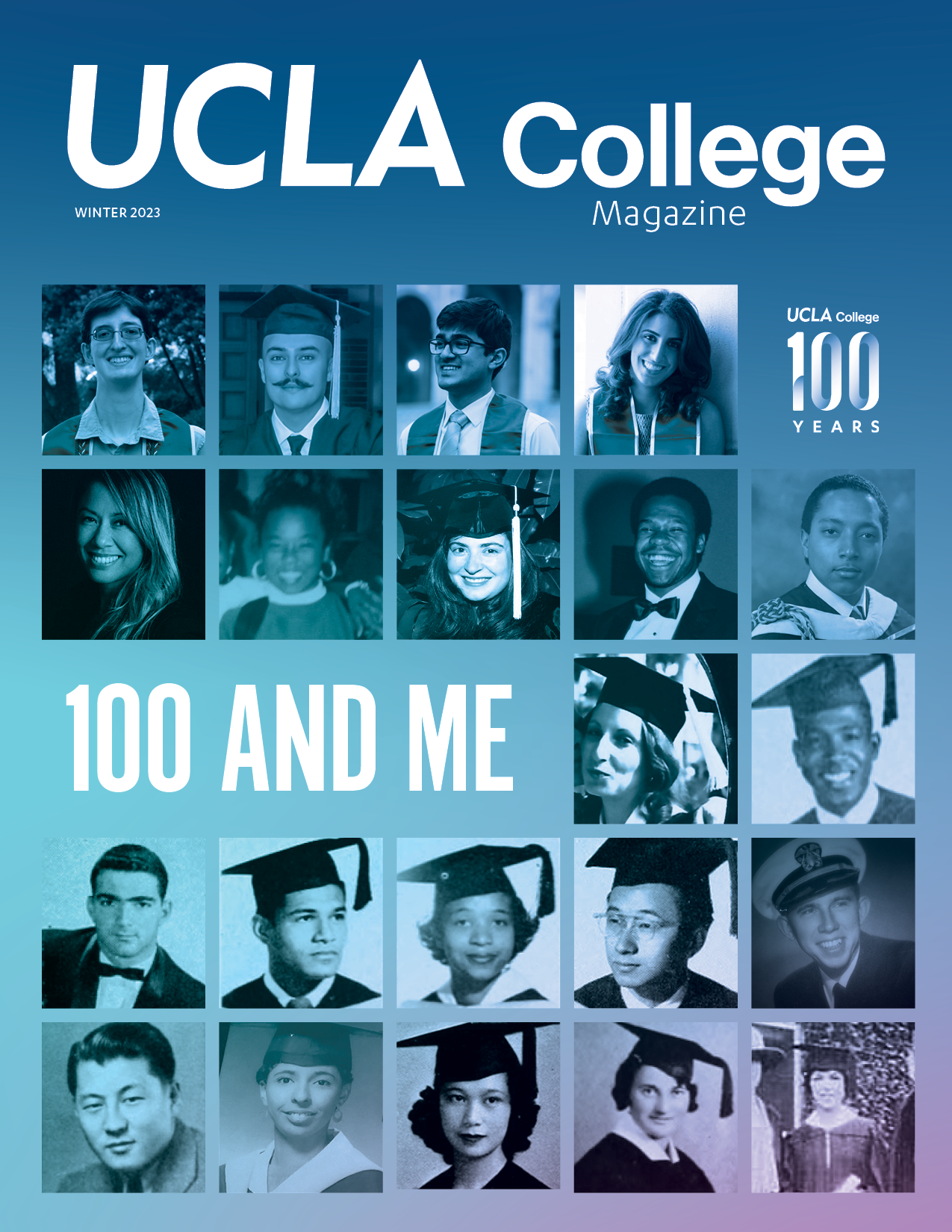100 Years of Shared Wisdom
Throughout its first century, the UCLA College has been a magnet for brilliant minds, inspiring them to come to campus and discuss their ideas and innovations. The insight of these speakers — who range from Nobel Prize-winning scientists to former U.S. presidents — and how it was received by Bruin audiences have always been connected by a common thread: the desire to seek answers for a better future, not only for Los Angeles and California, but also for the rest of the world.
Listen to many of these speeches — and more — online here.



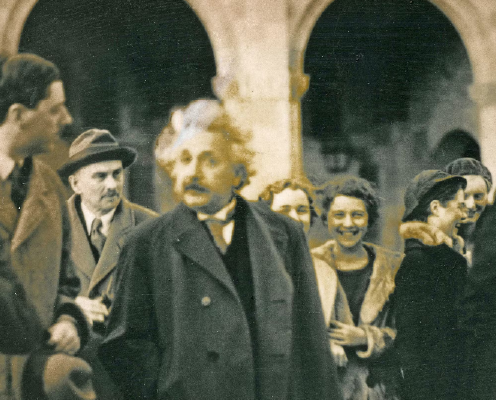
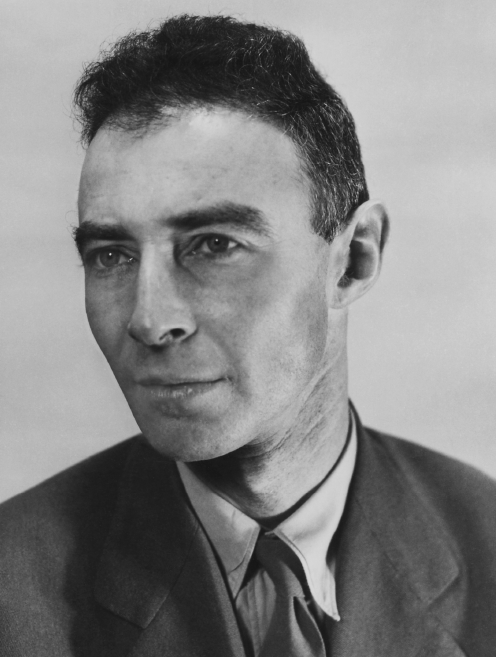
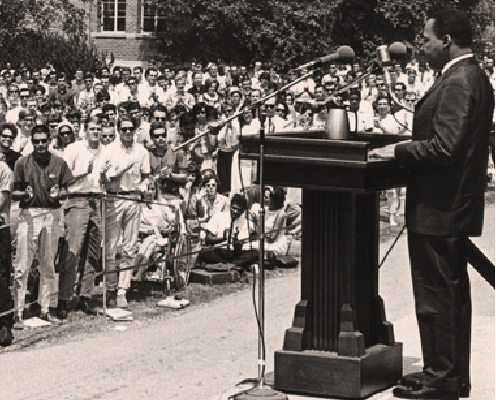
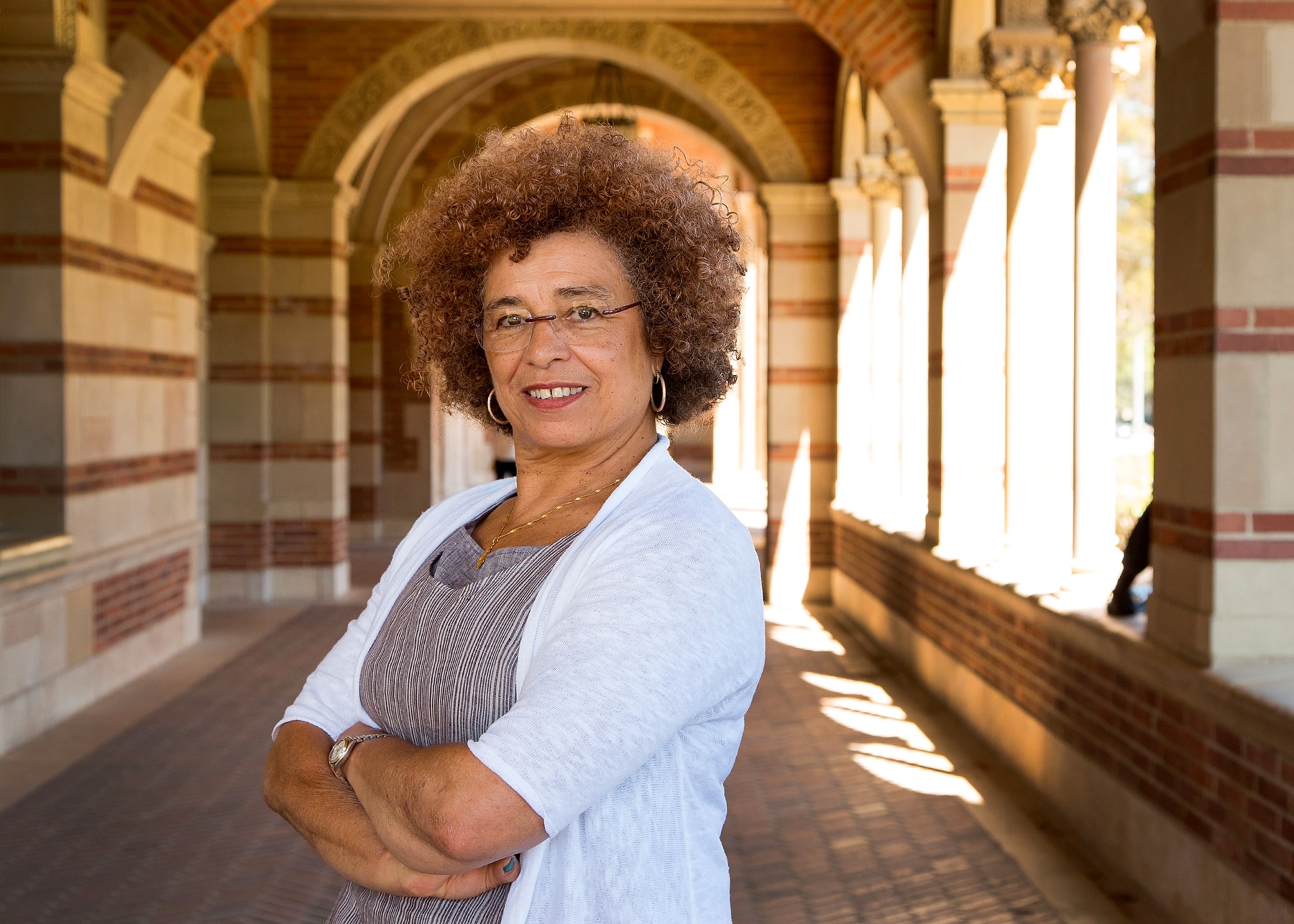
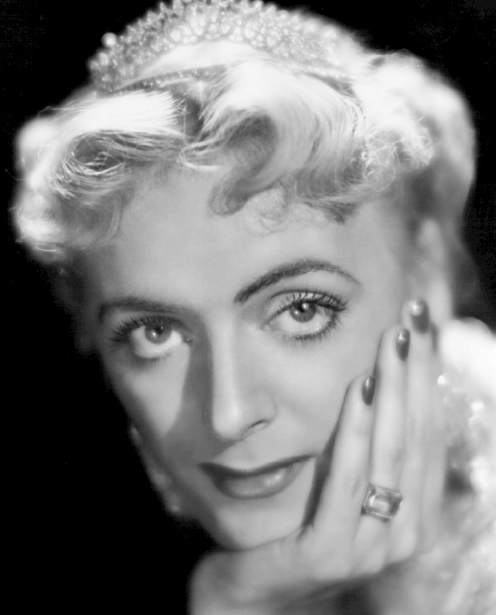
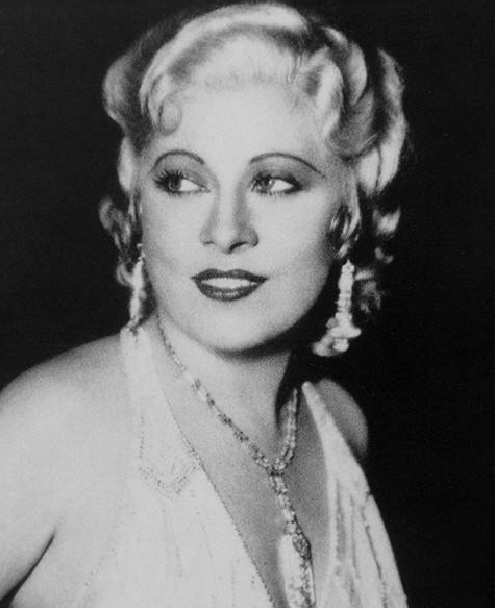
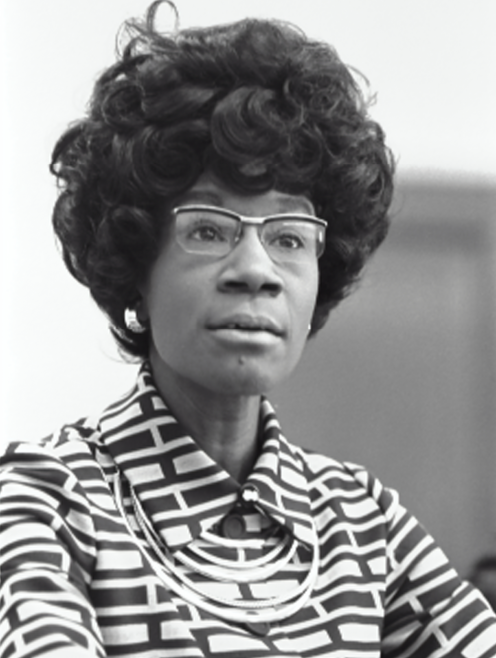
![100YearsofWisdom_495px_Chavez A black and white photograph of César Chávez participating in a protest with a picket sign that reads, "don't [buy] California grapes!"](https://www.college.ucla.edu/wp-content/uploads/2023/11/100YearsofWisdom_495px_Chavez.png)
